The White House Is Worried There Could Be a Major Meat Shortage Soon
A new ransomware attack on the world's largest meat supplier could put your dinner in jeopardy.
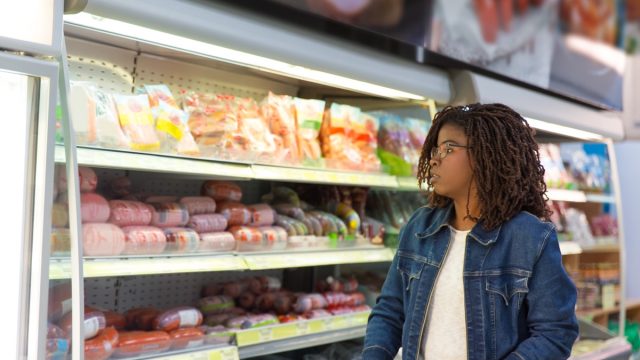
Just a few weeks ago, a ransomware attack on one of the nation's largest refined oil pipelines resulted in a shutdown that left numerous states on the East Coast without gas. While fuel is flowing normally again, prices are still high and now, a new cyberattack could be putting another staple on the line. On Tuesday, the White House expressed concern that a new ransomware attack may affect the nation's meat supply chain. Read on to find out why we may soon be faced with a major meat shortage.
RELATED: This Beloved Summer Food Is Disappearing From Stores and Restaurants.
An attack on the world's largest meat supplier has U.S. officials worried about a potential meat shortage.
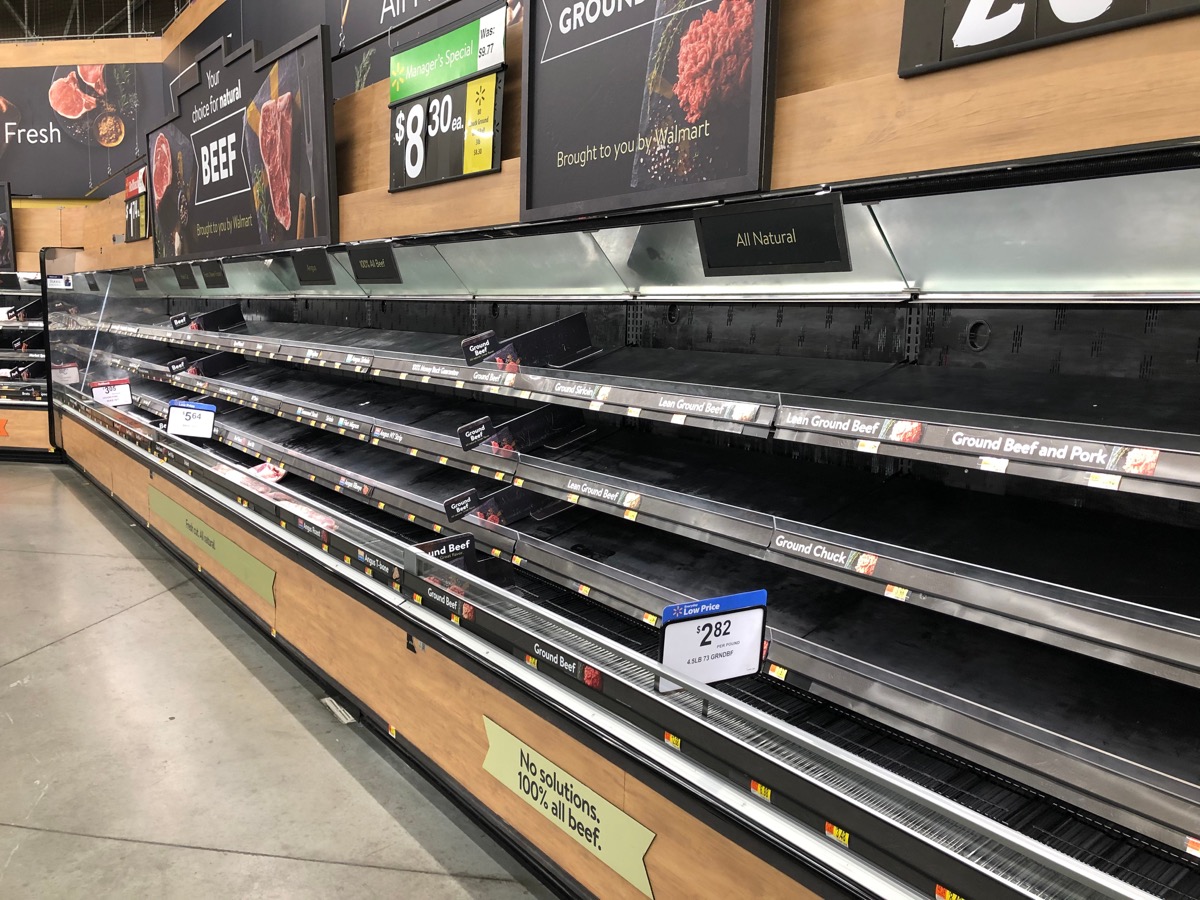
JBS, the world's largest meat supplier, released a statement on May 31 announcing that it had been hit by a ransomware attack. According to Bloomberg, JBS is the the top beef producer in the U.S., accounting for 23 percent of the nation's share. It also produces nearly a fifth of the U.S.'s pork supply.
White House Deputy Press Secretary Karine Jean-Pierre told reporters aboard Air Force One on June 1 that the White House offered JBS assistance after the company notified the administration about the attack on May 30, Bloomberg reports. A White House source told The Washington Post that President Joe Biden directed the administration to do whatever they could to mitigate the impact on meat supply, as shuttered plants have the potential to cause a meat shortage.
JBS had to shut down at least 10 of its plants.
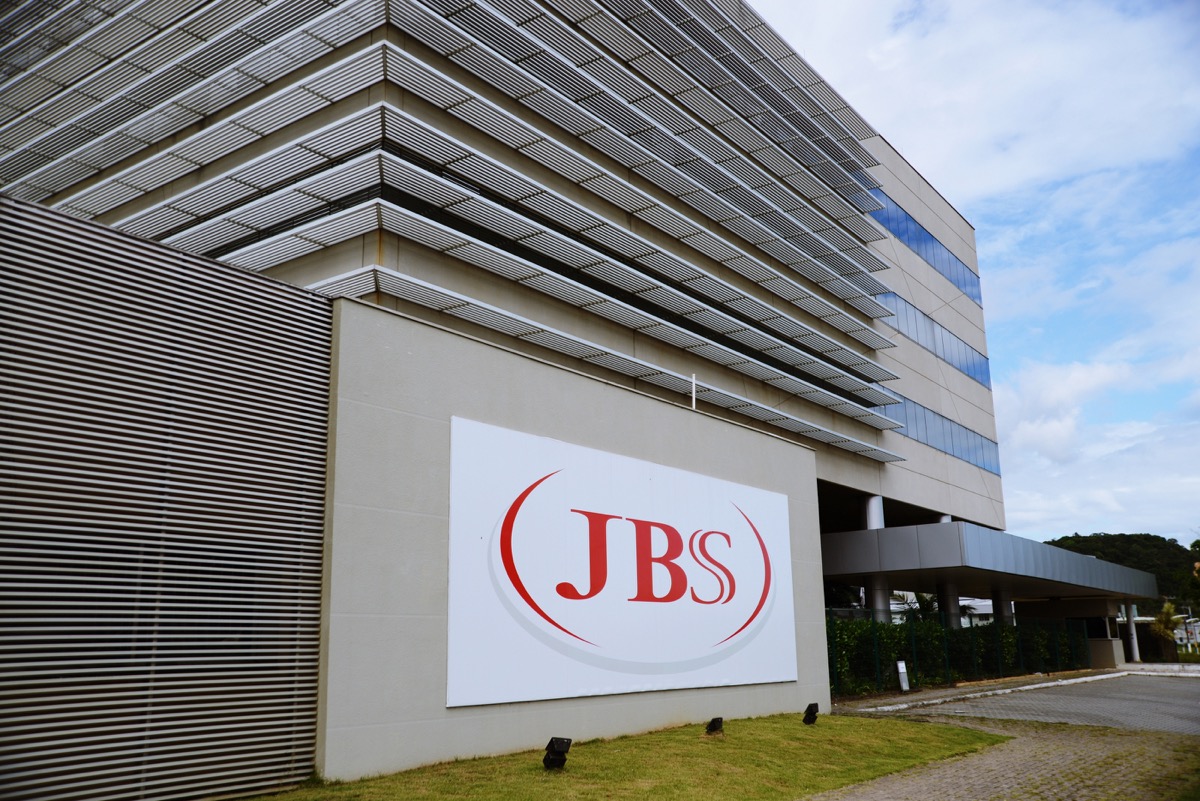
The ransomware attack has caused disruptions at numerous JBS plants. According to Bloomberg, JBS shut down beef processing facilities in Utah, Texas, Wisconsin, and Nebraska, as well as canceled shifts for employees at plants in Iowa and Colorado on June 1. A processing plant in Alberta, Canada, was also shut down on May 31.
"There are at least 10 plants I have knowledge of that have had operations suspended because of the cyberattack," Paula Schelling-Soldner, acting chairperson for the National Joint Council of Food Inspection Locals of the American Federation of Government Employees, told Bloomberg. She declined to identify the exact locations.
RELATED: For more up-to-date information, sign up for our daily newsletter.
As JBS tries to restore its systems, the company says there could be supply delays.
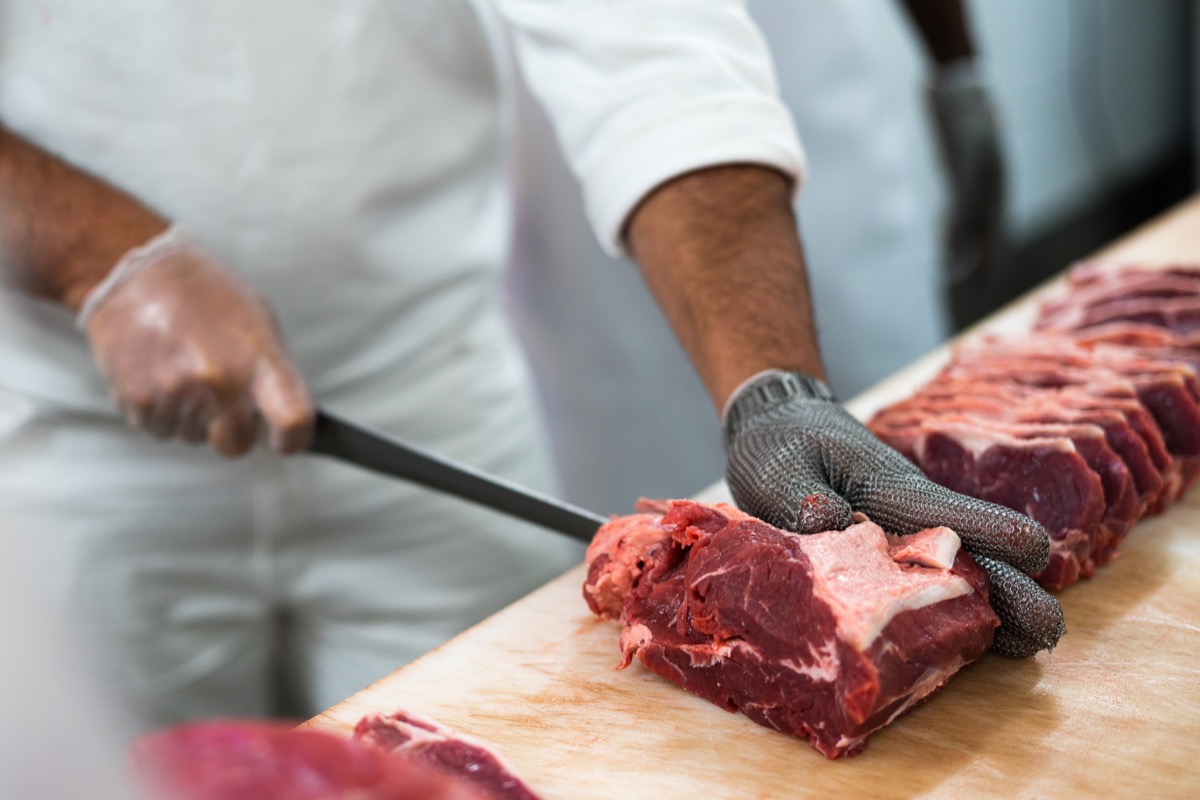
In a statement, JBS said it is working with a cybersecurity firm to "restore its systems as soon as possible." However, the company did admit that this resolution will take some time, "which may delay certain transactions with customers and suppliers."
Experts say these potential delays couldn't come at a worse time. "Retailers and beef processors are coming from a long weekend and need to catch up with orders," Steiner Consulting Group said in its Daily Livestock Report, released June 1. "If they suddenly get a call saying that product may not deliver tomorrow or this week, it will create very significant challenges in keeping plants in operation and the retail case stocked up."
And customers are likely to be affected, depending on how long systems are down.
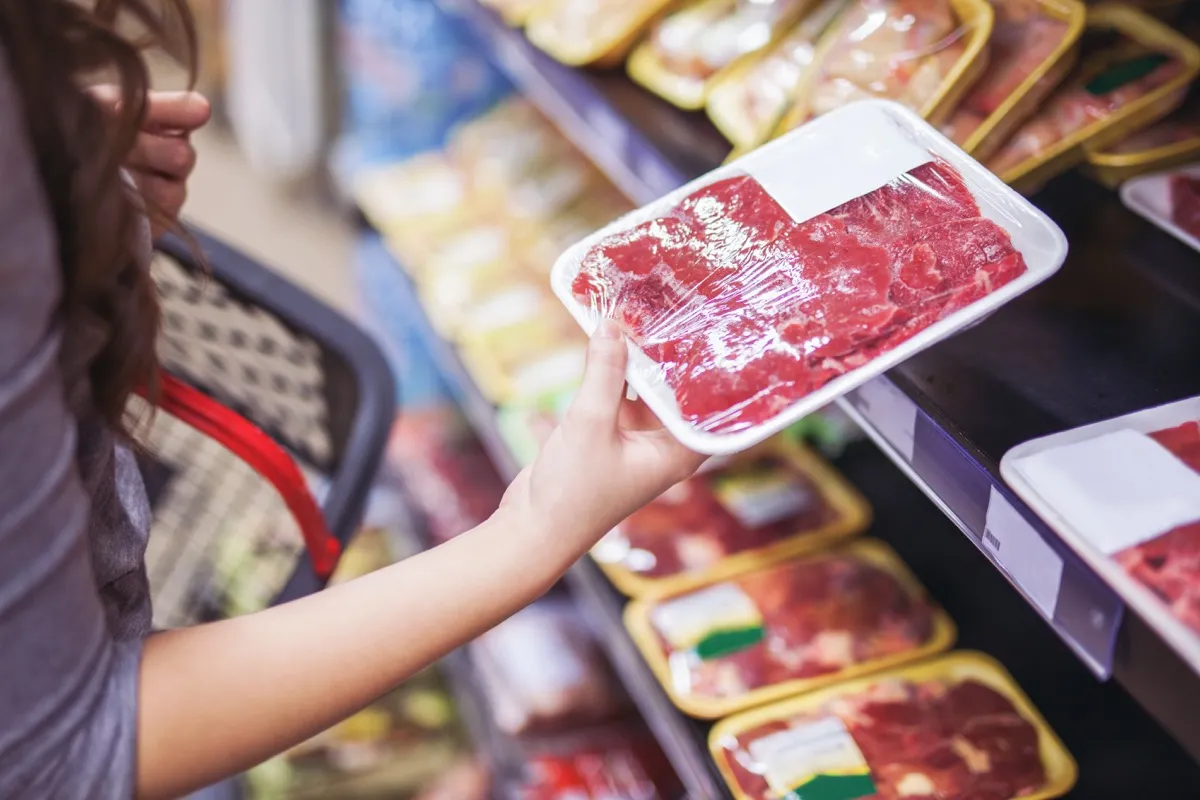
As seen with the recent ransomware attack on Colonial Pipeline Co., which resulted in a five-day shutdown, even a few days of systems being down could result in panic buying, price hikes, and shortages—and they won't necessarily be immediately resolved once systems are back up and running.
Michael Nepveux, an economist with the American Farm Bureau Federation, told Bloomberg that retailers might try to resist hiking up prices for customers, but if systems are down for too long, they may have no other choice. "How long it goes on will impact to what level consumers start to see something at the grocery stores," Nepveux explained.
On top of the JBS shutdowns, the meat industry has been plagued by COVID-related closures and a slower supply chain for the past year. "Amplifying the logjam, producers weren't able to ship enough cattle. Combined with labor shortages in the meatpacking industry and surging export and domestic demand, prices for beef and pork are surging," The Washington Post reports.
Don Close, senior animal protein analyst for Rabobank, told WaPo, "It's piling up bad news on top of bad news."
RELATED: If You Bought This Heinz Product, Throw It Away Now, USDA Says.





















